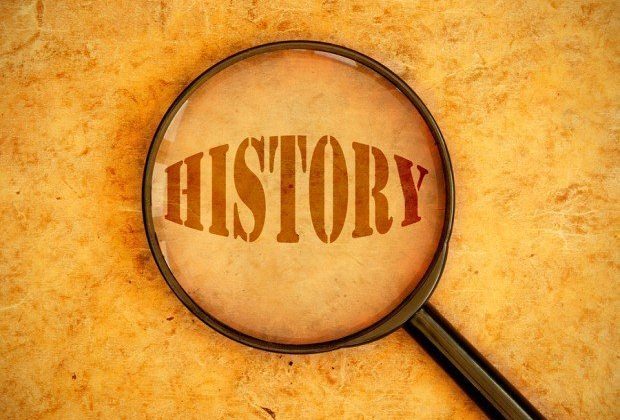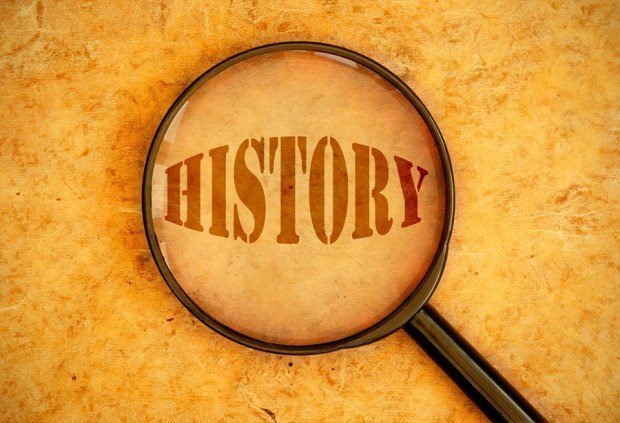

Check out Steven Mintz’s piece at Inside Higher Ed. Anyone who reads this blog will know that I agree with him. I’ve staked a lot on Mintz’s claim in the title of this post
A taste:
I understand that at a time when history within the academy is growing ever more marginalized and beleaguered, as the number of majors plummets and department size falls, often dramatically, many historians want to demonstrate history’s relevance and speak out on the issues of the day. I share that desire. My own teaching focuses a lot on U.S. history’s underside, and I have no qualms about questioning patriotic truths.
But I don’t think we should do that at the expense of nuance and complexity.
History has much to contribute to public discourse. But I don’t think we advance our cause by demolishing straw men or offering overly simplistic provocations. Few but the already converted are ever convinced by naysayers, cynics, sourpusses, detractors or wet blankets.
I’m convinced that we do more to advance historical understanding by doing what historians do best: fostering historical perspective, deeply contextualizing events and developments and reminding the public that:
- Each time experts tell you that “this time is different”—that old rules no longer apply and that circumstances today bear no similarity to the past—they are almost always wrong.
- It’s almost always a mistake to believe that today’s problems are worse than those in the past or that one aspect of life or another is getting worse and worse.
- Few historical events are inevitable, but are, rather, the product of human choice, action and inaction.
- War has uncontrollable consequences and every policy intervention has unintended results.
- Every event has a backstory, contexts and circumstances that explain why occurrences unfold as they do.
Historians’ credibility ultimately rests on our integrity and trustworthiness. Anything that undermines that authority and public confidence in our objectivity makes it all the easier for our critics to dismiss professional history not just as pedantry and antiquarianism, but as essentially political and agenda-driven.
I fully agree with George Orwell’s words “Who controls the past controls the future.” U.S. historians may not be as influential as Ken Burns, Steven Spielberg or Lin-Manuel Miranda in shaping the public’s understanding of its collective past. Still, we do exert some power, even if its indirect, in instilling a sense of this country’s trajectory, its failings, its foundational ideals and its character. Let’s use that power as wisely and as skillfully as we can.
Read the entire piece here.